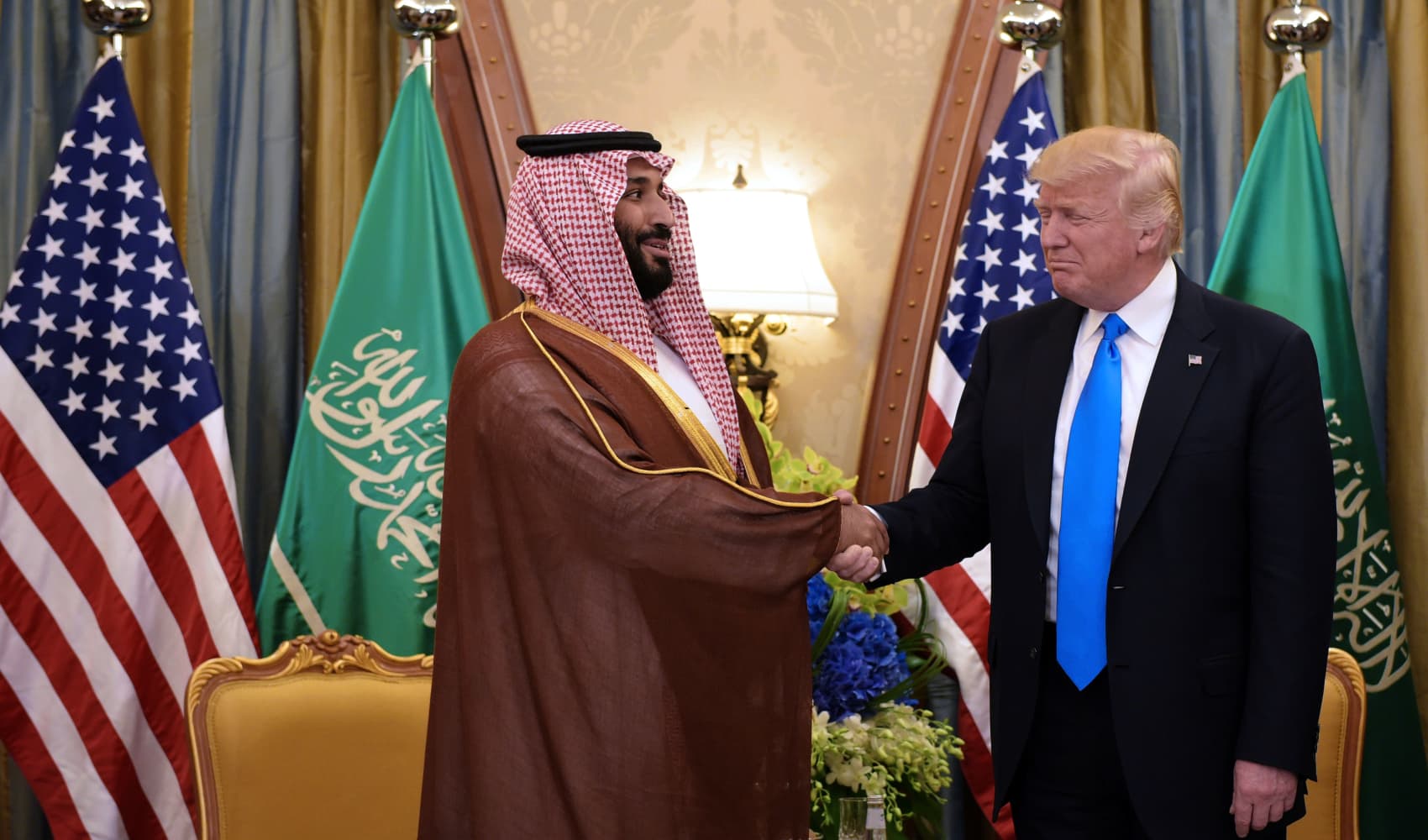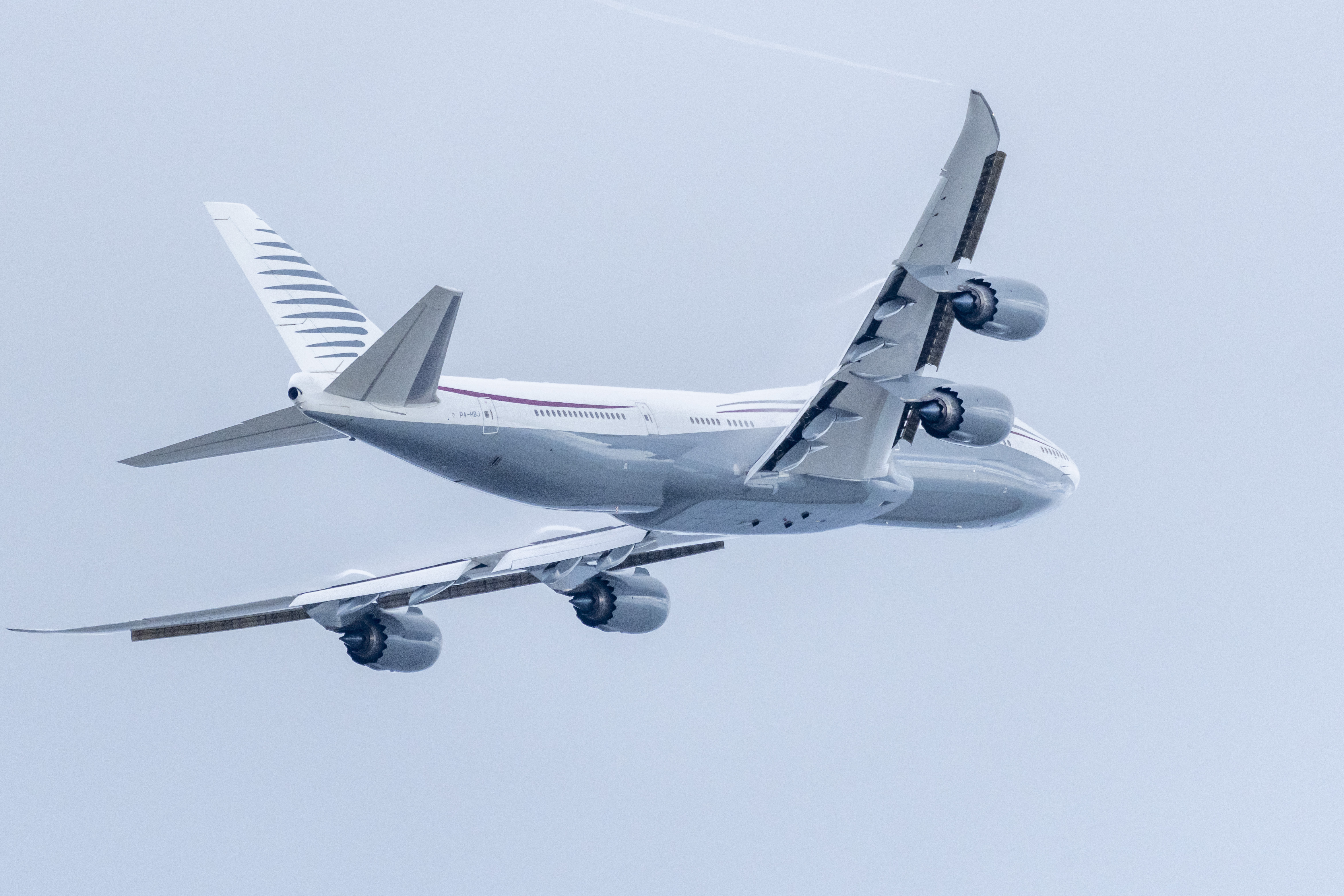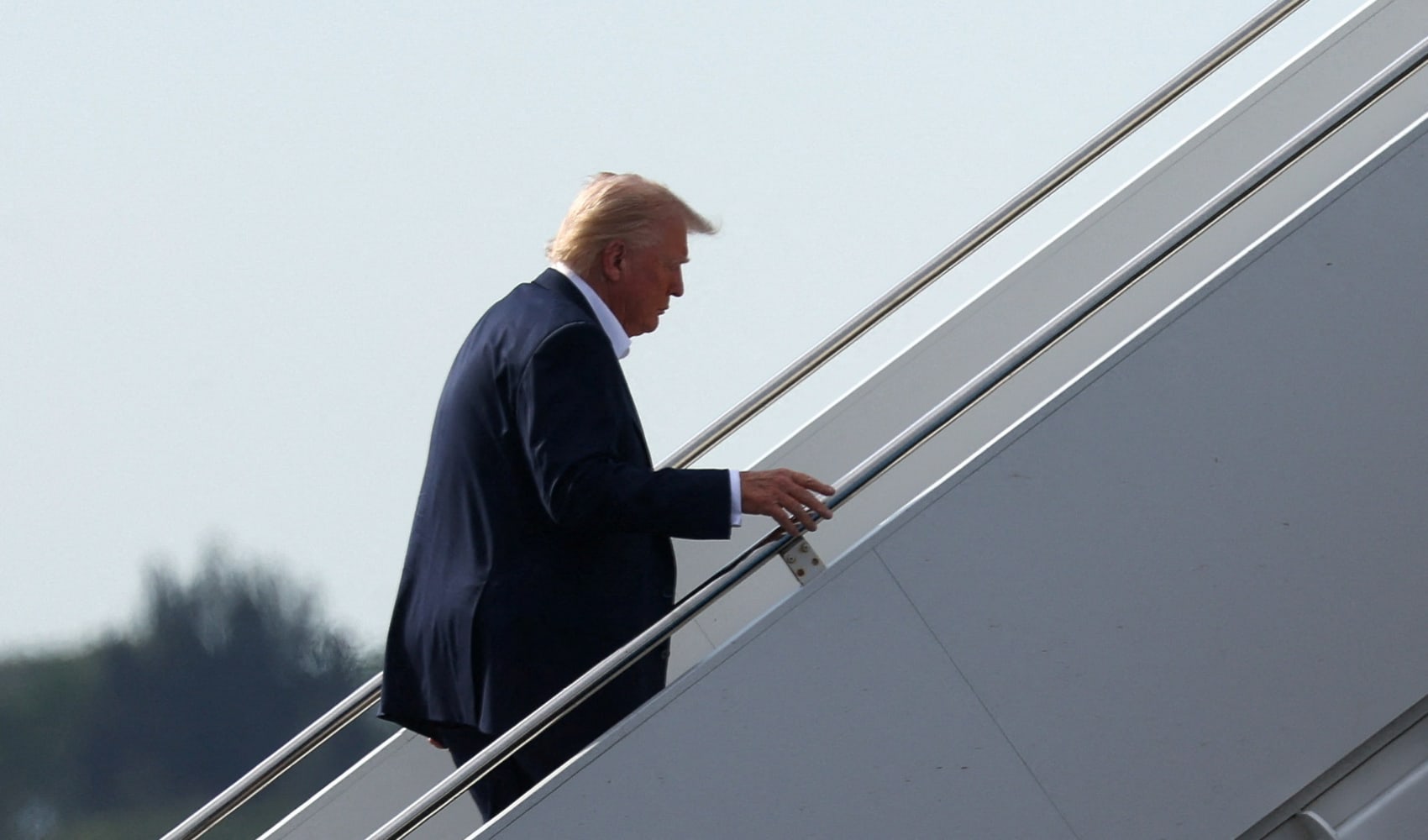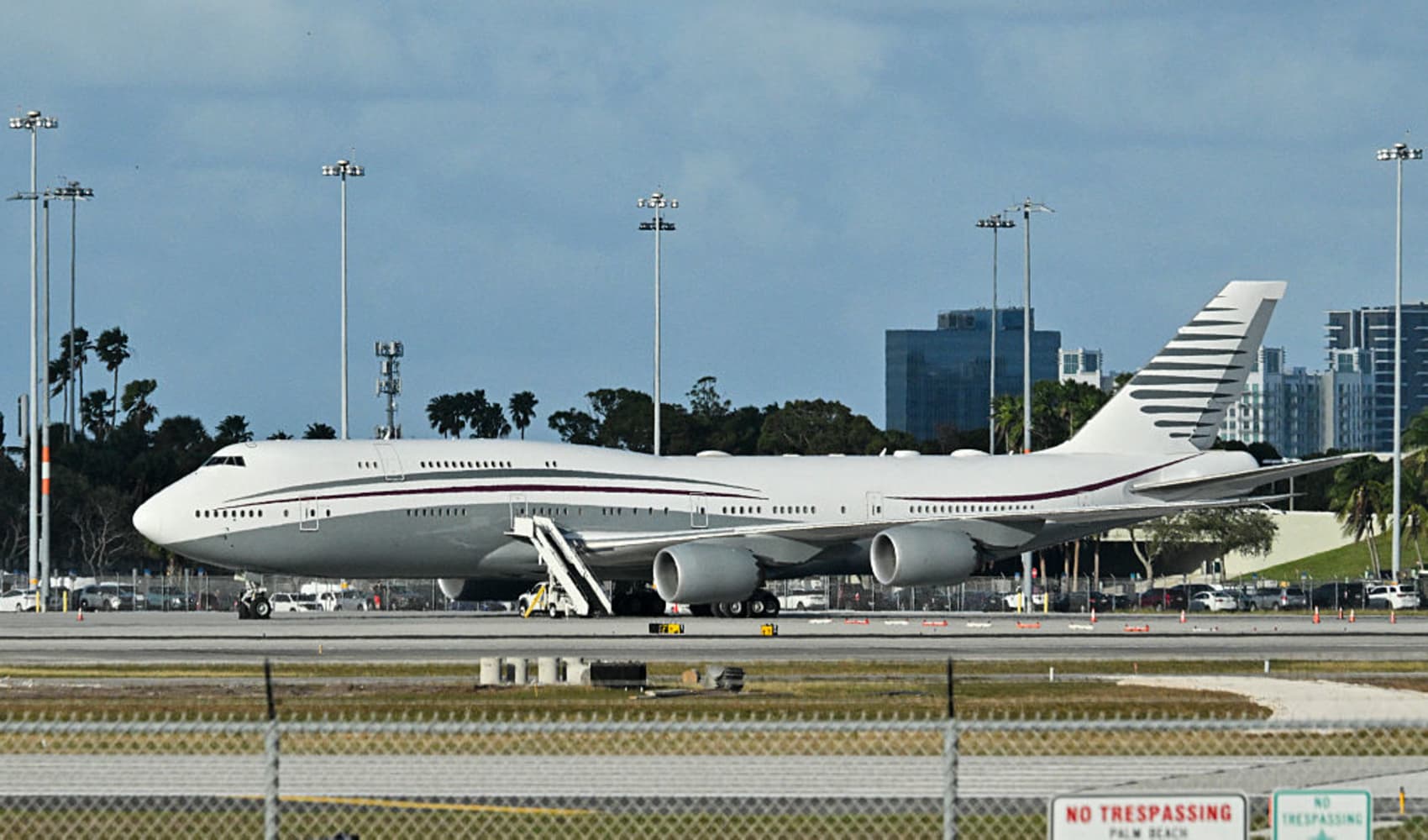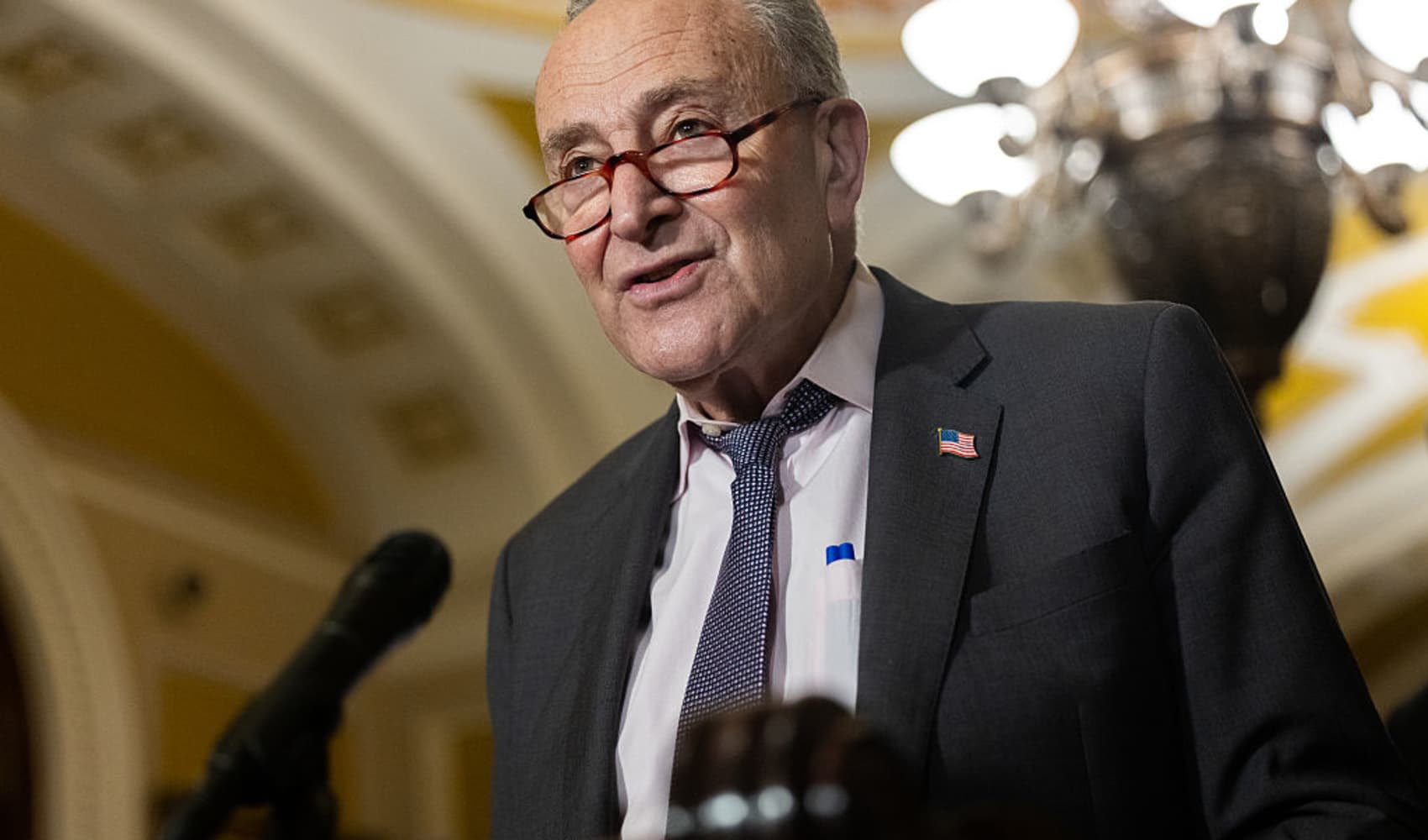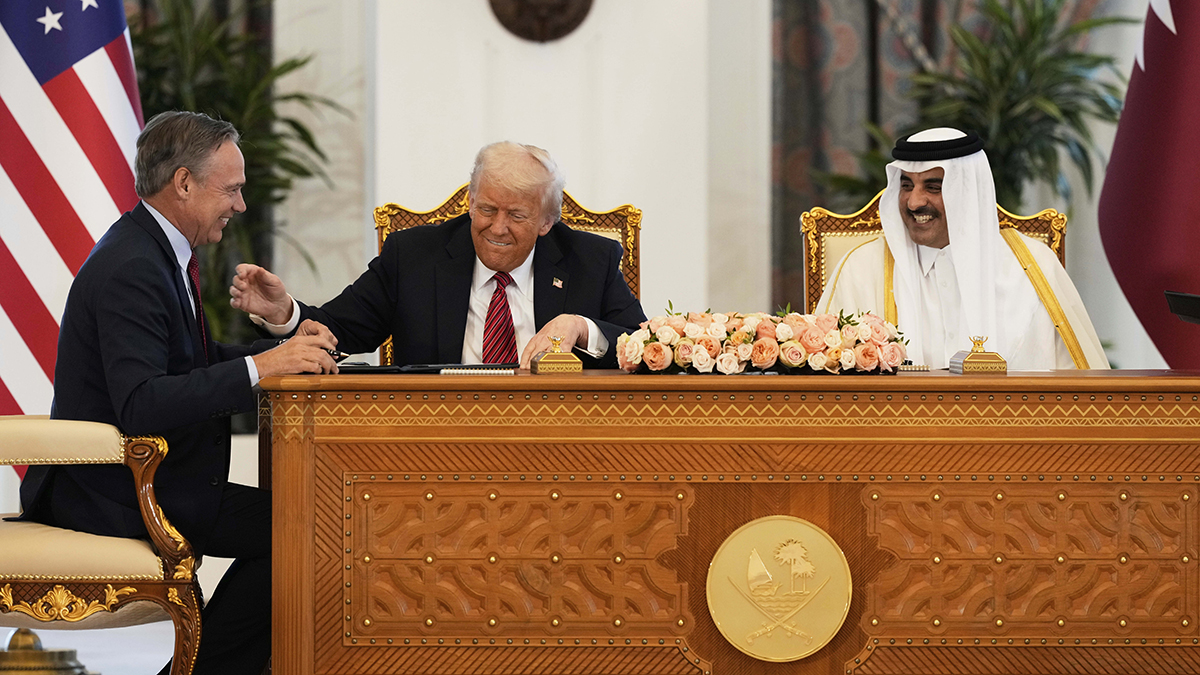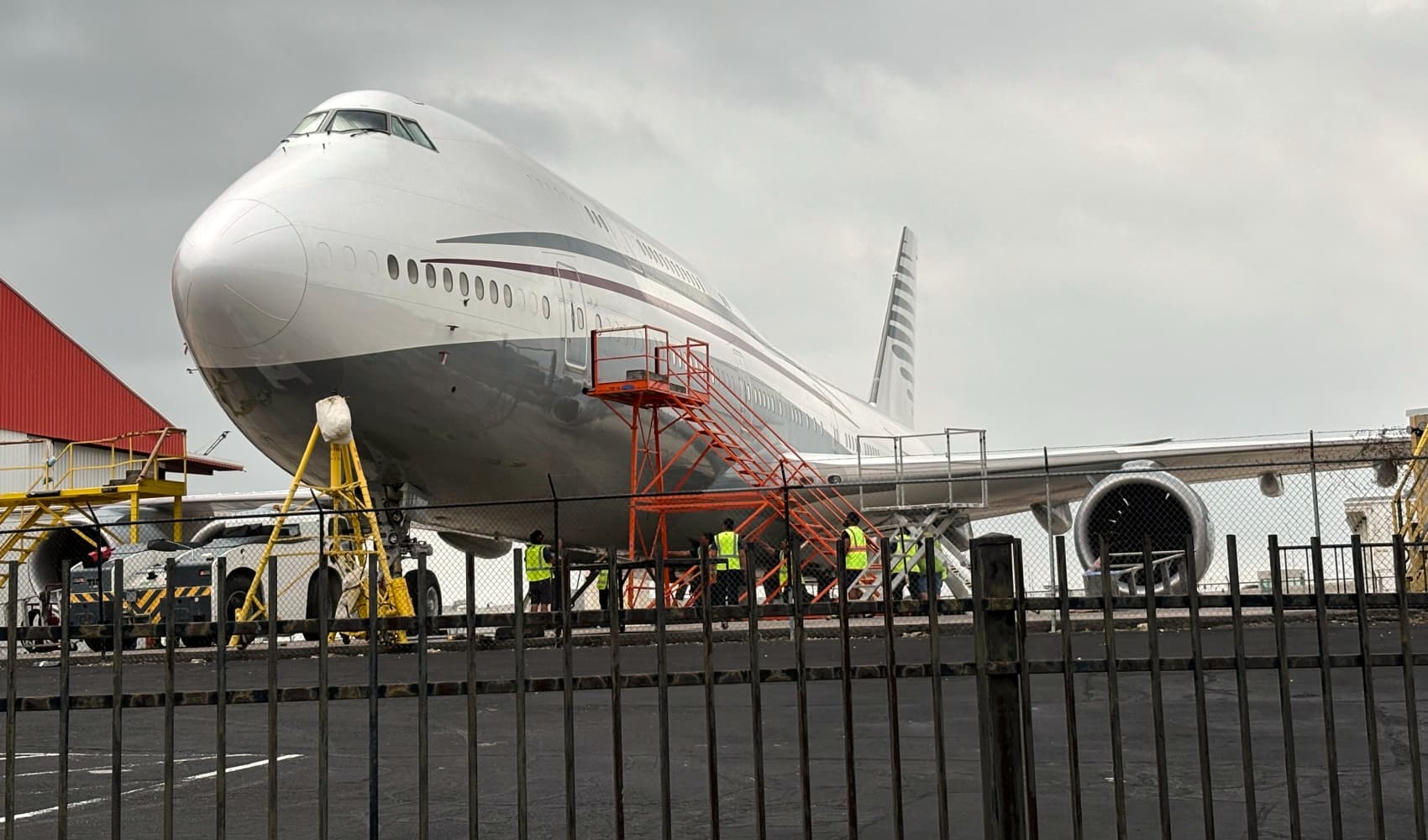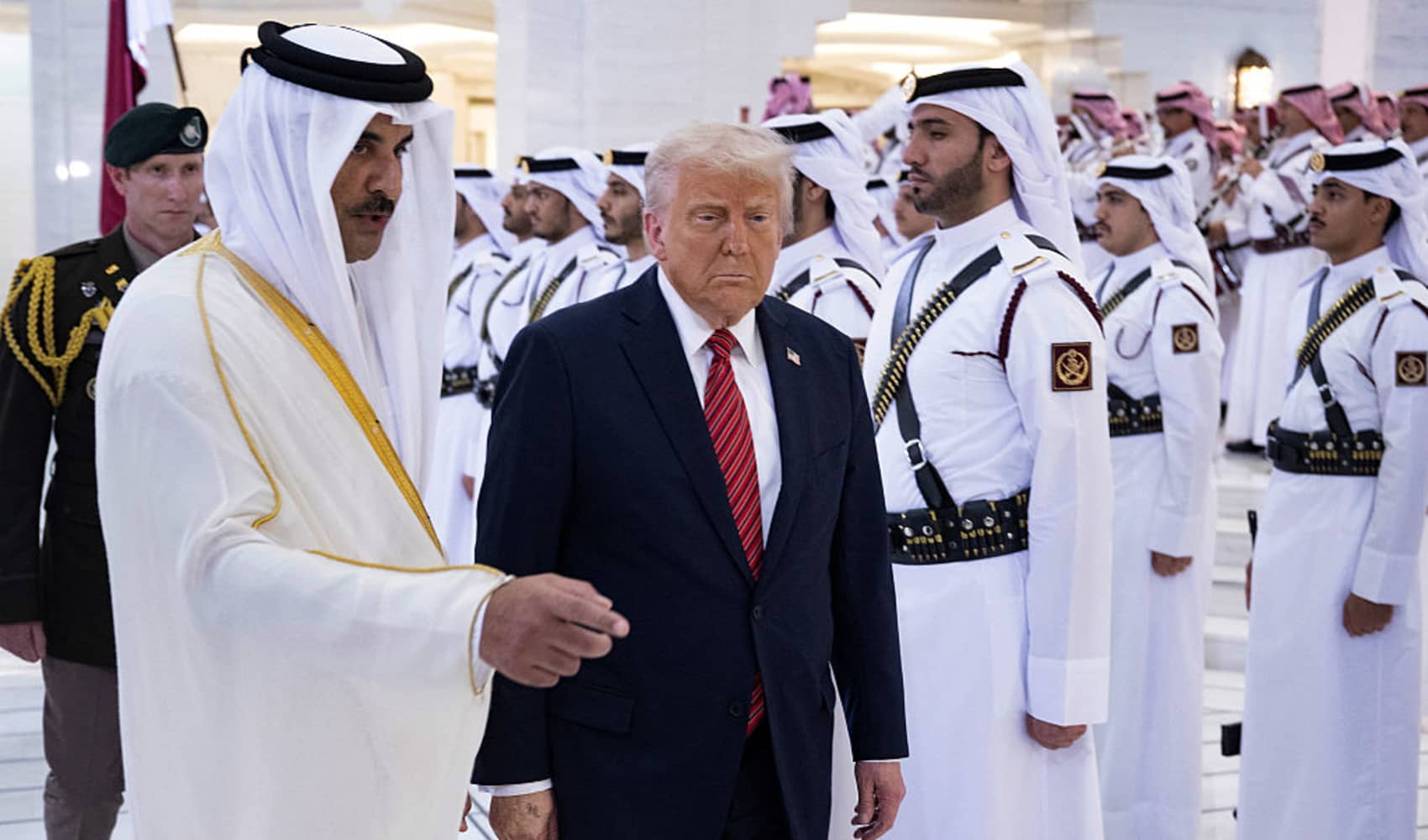Trump's Middle East Trip: 3 Oil, Trade & Nuclear Deals?
Trump's Middle East Gambit: Oil, Deals, and Nuclear Ambitions
Introduction: A High-Stakes Trip to the Gulf
Picture this: the Middle East, a region simmering with tension and opportunity, awaits the arrival of one of the world's most polarizing figures. Yes, U.S. President Donald Trump is heading to the Persian Gulf – or perhaps, as he'd prefer, the Arabian Gulf – on May 13th, embarking on a trip that could reshape alliances and redefine the region's economic landscape. This isn't just a courtesy call; it's a high-stakes game with oil, trade, and even nuclear ambitions on the table.
With stops planned in Saudi Arabia, Qatar, and the United Arab Emirates, this visit promises to be anything but ordinary. But what's really driving this diplomatic dance? Let's delve into the key issues that will dominate Trump's Middle East agenda.
Israel-Gaza: Ceasefire Hopes and Regional Stability
At the forefront of everyone’s mind is the ongoing conflict between Israel and Gaza. A ceasefire, however fragile, is crucial for regional stability, and Trump's involvement could prove pivotal. Can he leverage his relationships to broker a lasting peace, or at least a temporary truce? This is a major test of his diplomatic prowess.
Navigating the Complexities
The Israel-Gaza conflict is a Gordian knot of political, religious, and historical grievances. Any attempt at mediation requires a delicate understanding of the various factions and their demands. Will Trump's "America First" approach translate into a successful peace initiative, or will it further complicate matters?
Oil: The Black Gold Agenda
Oil, the lifeblood of many Middle Eastern economies, will undoubtedly be a central theme. Negotiating favorable oil deals and ensuring stable energy markets are likely high on Trump's list. After all, a strong American economy depends, in part, on a reliable oil supply.
Boosting American Energy Independence
Trump has consistently championed American energy independence. How will this goal influence his discussions with Saudi Arabia and other major oil producers? Will he seek to increase U.S. oil exports or push for more favorable pricing agreements? Only time will tell.
Trade and Investment: Opportunities Abound
Beyond oil, the Middle East offers a wealth of trade and investment opportunities. From infrastructure projects to technological advancements, there's plenty of room for mutually beneficial partnerships. Can Trump capitalize on these opportunities to boost the American economy and strengthen ties with the region?
Unlocking Economic Potential
The UAE and Saudi Arabia, in particular, are investing heavily in diversifying their economies. This presents a golden opportunity for American businesses to get involved in sectors ranging from renewable energy to tourism. Trump's visit could pave the way for lucrative deals and long-term economic cooperation.
Semiconductor Exports: A Tech Race Heats Up
The future is digital, and semiconductors are the building blocks of that future. Access to advanced semiconductors is a strategic imperative, and the UAE and Saudi Arabia are eager to get their hands on the latest technology. However, national security concerns have so far limited their access.
Balancing Security and Economic Interests
Trump faces a delicate balancing act. He must weigh the economic benefits of exporting advanced semiconductors against the potential risks to national security. How will he navigate this complex issue and strike a deal that satisfies all parties?
Nuclear Programs: Addressing Proliferation Concerns
The prospect of nuclear proliferation in the Middle East is a major concern for the international community. Trump will likely address this issue during his visit, seeking assurances that the region remains committed to peaceful nuclear energy programs.
Strengthening Non-Proliferation Efforts
Iran's nuclear ambitions have long been a source of tension in the region. Trump will need to reaffirm America's commitment to preventing Iran from developing nuclear weapons and work with regional partners to strengthen non-proliferation efforts.
Trump's Gulf Allies: A Familiar Comfort Zone
Trump has cultivated strong relationships with Gulf Arab states, particularly the UAE and Saudi Arabia. His children have extensive business interests in these countries, including real estate projects and investment ventures.
Personal Connections and Political Influence
These personal connections could give Trump an advantage in negotiations, but they also raise questions about potential conflicts of interest. How will he separate his personal business dealings from his official diplomatic duties?
Saudi Arabia: A Cornerstone Relationship
Saudi Arabia is a key strategic partner for the United States in the Middle East. Maintaining a strong relationship with the Kingdom is crucial for regional stability and counterterrorism efforts.
Security Cooperation and Counterterrorism
Trump will likely discuss security cooperation and counterterrorism efforts with Saudi leaders. The two countries share common interests in combating extremism and ensuring regional security.
United Arab Emirates: A Hub of Innovation
The UAE has emerged as a hub of innovation and economic growth in the Middle East. Its forward-thinking policies and strategic location make it an attractive partner for American businesses.
Investing in the Future
Trump will likely explore opportunities to expand economic cooperation with the UAE in sectors such as technology, renewable energy, and tourism. The UAE's commitment to innovation aligns well with Trump's focus on American ingenuity.
Qatar: Mediation and Regional Influence
Qatar, despite its small size, plays a significant role in regional mediation efforts. It has often served as a bridge between conflicting parties, making it a valuable partner for the United States.
Leveraging Qatar's Diplomatic Clout
Trump could leverage Qatar's diplomatic clout to advance U.S. interests in the region, particularly in resolving regional conflicts and promoting stability.
The Persian Gulf vs. The Arabian Gulf: A Symbolic Battle
Even the name of the body of water separating Iran from the Arab peninsula is laden with symbolism. Trump’s likely preference for "Arabian Gulf" over "Persian Gulf" isn't just a semantic preference; it’s a political statement meant to signal solidarity with his Arab allies.
The Power of Language
In international diplomacy, even the smallest details can carry significant weight. Trump's choice of words could be interpreted as a subtle endorsement of the Arab perspective and a further distancing from Iran.
Geopolitical Tensions: Navigating a Complex Landscape
Trump's visit takes place against a backdrop of complex geopolitical tensions. From the ongoing conflicts in Yemen and Syria to the rivalry between Saudi Arabia and Iran, the Middle East is a region rife with challenges. Can Trump navigate this complex landscape without exacerbating existing tensions?
A Region in Flux
The Middle East is a region in constant flux. Shifting alliances, economic pressures, and political upheavals make it a challenging environment for any leader to navigate. Trump will need to tread carefully and avoid actions that could further destabilize the region.
The Iran Factor: A Constant Shadow
Iran's influence looms large over the Middle East. Trump's approach to Iran will be a key factor in shaping his relationships with other countries in the region. Will he maintain a hard-line stance or seek a path towards dialogue?
Containing Iranian Influence
Trump has consistently criticized Iran's behavior in the region and has vowed to contain its influence. He will likely use his visit to rally support for a unified front against Iranian aggression.
Domestic Political Considerations: Appeasing the Base
Let’s be honest, every international trip has a domestic political angle. Trump's visit to the Middle East could be an opportunity to shore up support among his base, particularly those who value strong relationships with Saudi Arabia and other Gulf states.
Playing to the Home Crowd
By showcasing his ability to negotiate favorable deals and advance American interests abroad, Trump can strengthen his political standing at home. This visit could be as much about domestic politics as it is about international diplomacy.
Potential Outcomes: What to Expect
So, what can we expect from Trump's Middle East trip? While predicting the future is always a risky endeavor, some potential outcomes seem more likely than others. Expect announcements on trade deals, potential investments, and perhaps even breakthroughs in regional security cooperation. But don't rule out a few surprises along the way.
A Region Transformed?
Will Trump's visit truly transform the Middle East? That remains to be seen. But one thing is certain: it will be a closely watched event that could have far-reaching consequences for the region and the world.
Conclusion: A Diplomatic Tightrope Walk
Donald Trump's trip to the Middle East is a high-stakes gamble. He's juggling ceasefire talks, oil deals, trade agreements, and sensitive issues like semiconductor exports and nuclear proliferation. His personal relationships with Gulf leaders could be an advantage, but also a potential source of controversy. Ultimately, the success of this trip will depend on his ability to balance competing interests, navigate complex geopolitical tensions, and deliver tangible benefits for the United States. It's a diplomatic tightrope walk, and the world is watching to see if he can make it across.
Frequently Asked Questions
Here are some frequently asked questions about Trump's upcoming trip to the Middle East:
- What is the main purpose of Trump's visit to the Middle East?
The main purpose is multifaceted, including discussing ceasefire options for the Israel-Gaza conflict, pursuing oil and trade deals, addressing semiconductor exports, and allaying nuclear proliferation concerns.
- Why are semiconductor exports such a key issue?
Advanced semiconductors are essential for technological advancement. Gulf states desire access to them, but the US has national security concerns. Trump must balance these competing interests.
- How could Trump's personal business ties affect the trip?
While they may give him leverage, his children's business ventures raise potential conflicts of interest that could influence his decisions.
- What role does Iran play in Trump's Middle East strategy?
Iran's influence is a significant factor. Trump aims to contain Iranian aggression and rally support against its regional activities.
- What are the potential long-term impacts of this trip?
The trip could reshape alliances, redefine the region's economic landscape, and influence the stability of the Middle East for years to come, depending on the outcomes of the negotiations.
